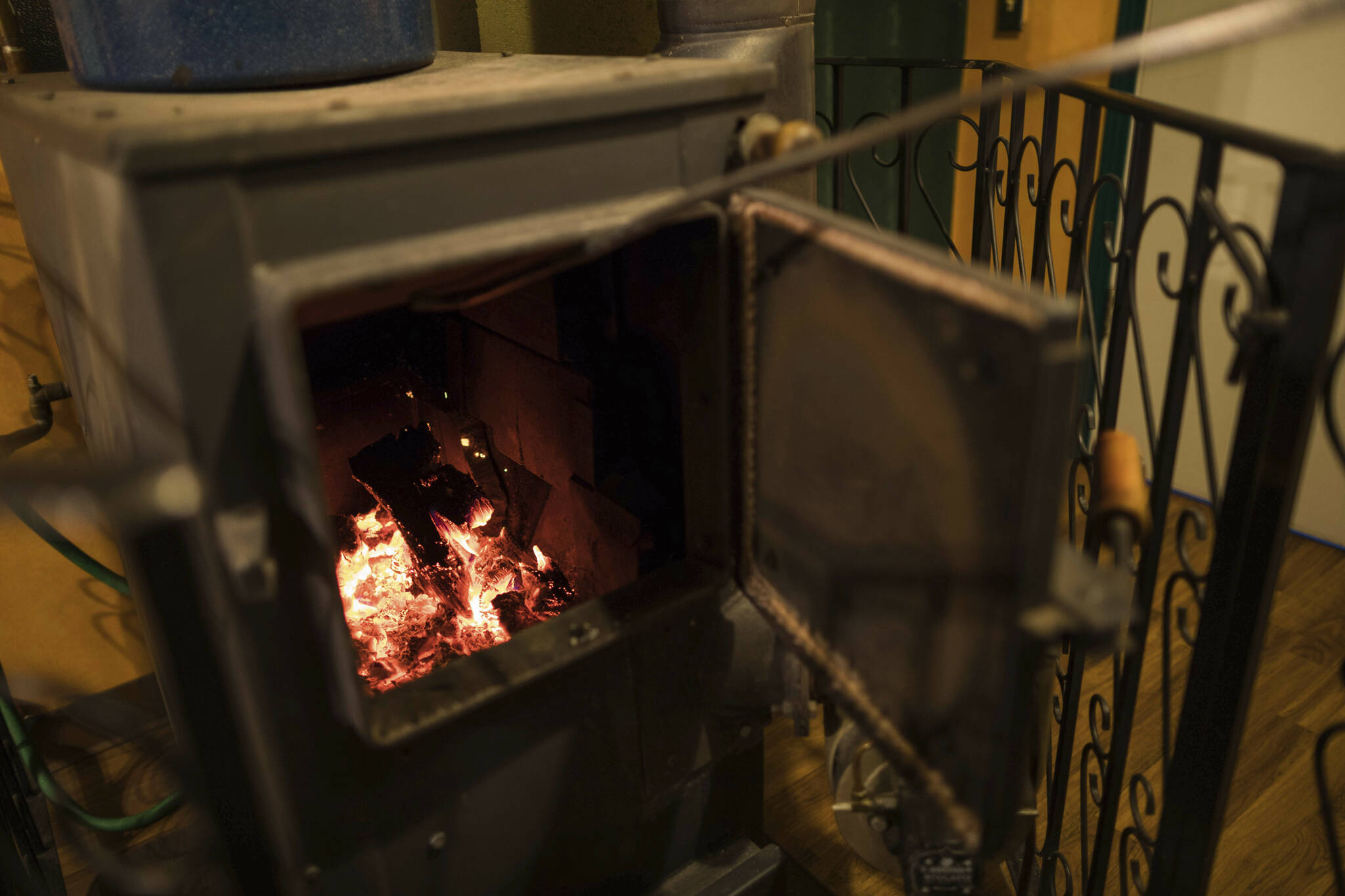Attorneys general from 10 states plan to sue the U.S. Environmental Protection Agency, saying its failure to review and ensure emissions standards for residential wood-burning stoves has allowed the continued sale of appliances that could worsen pollution.
That means programs that encourage people to trade in older stoves and other wood-burning appliances, such as forced-air furnaces, haven’t necessarily improved air quality, the states say.
“If newer wood heaters do not meet cleaner standards, then programs to change out old wood heaters may provide little health benefits at significant public cost,” the states wrote Thursday in a 60-day notice of intent to sue.
The states involved are Alaska, Illinois, Maryland, Massachusetts, Minnesota, New Jersey, New York, Oregon, Vermont and Washington, as well as the Puget Sound Clean Air Agency.
They allege that the EPA’s current standards aren’t good enough and that even if they were, the agency’s testing and certification program is so ineffective that it has failed to ensure those standards.
The EPA declined to comment on pending litigation.
The states allege that the EPA’s current standards must be reviewed and that its testing and certification program is so ineffective, it has failed to ensure the existing standards.
The EPA’s Office of Inspector General, in a report released in February, found the EPA’s 2015 performance standards for residential wood heaters was flawed and said the agency has “approved methods that lack clarity and allow too much flexibility.”
“As a result, certification tests may not be accurate, do not reflect real-world conditions, and may result in some wood heaters being certified for sale that emit too much particulate-matter pollution,” the report said.
The agency supports programs aimed at replacing older, dirtier wood heaters with newer, cleaner models and distributed about $82 million in grants for residential exchanges between fiscal years 2015 and 2021, the report said.
“However, if the replacement models do not meet emission standards because of the reasons described above, millions of federal, state, and local dollars could be wasted,” it said.
EPA officials, in response to a draft of the report, said they take the concerns seriously and would continue to take steps to address testing and certification issues.
The report also noted that about 39% of households in the Fairbanks North Star Borough, in Alaska’s Interior, use wood-fired heaters in the winter, when temperatures can plunge well below zero degrees F (minus 18 degrees C).
The area is susceptible to inversions that trap layers of cold air close to the ground, and that in turn traps pollution for days or weeks at a time.
More than 3,000 wood-burning appliances were replaced in the region between 2010 and 2021 through a changeout program supported by federal, state and local money, but the report said local residents “do not know whether wood heaters in their homes meet standards” and poor air quality continues to be a concern.

